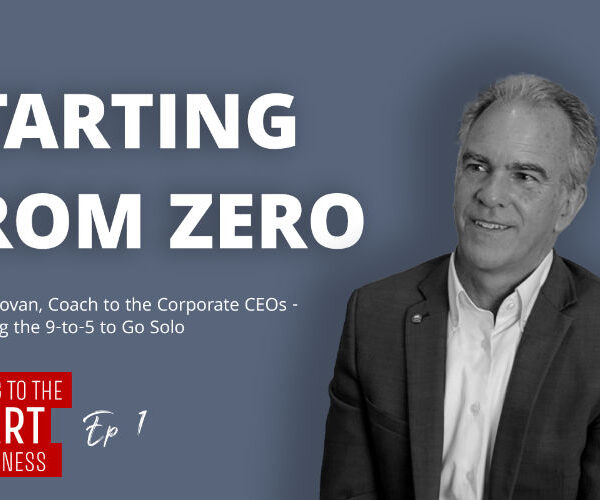I Need My Team to Step-up!
Ever felt this way? I need my team to step-up! This sentiment is something I hear from clients, well, fairly regularly. They are feeling the pressing demands of the business on them, and in response, need their team to take more responsibility and initiative, display a greater sense of urgency, be more aware of wider business constraints or challenges and/or simply deliver more. These clients are requiring their team to lift, usually because they have in turn been required to deliver more in some way. To do this, they require their team to do likewise.
Here is a short list of things to attend to if this is your situation, or you have a manager whose rhetoric is now sounding a little like that described above.
1. The manager is in large part responsible for how work is done and should avoid blame and accusation associated with it. Therefore the manager must begin by acknowledging their role in creating and supporting the existing pattern of behaviour, or practices within the team. Their means of interacting, (or not interacting), and rewarding, have been instrumental in facilitating the current reality, even if she/he is at first unaware of exactly how they have done that. Acknowledging this may help the manager to avoid sounding patronising while he or she asks their team to “step- up”. As a general guideline, honour the present if you want to make a successful transition to a different future.
Honour the present if you want to make a successful transition to a different future.
2. When a “step wise” jump is required, putting more pressure on individuals to deliver more often gives disappointing medium term results. Generally, individuals already carry a significant workload and a good ‘pep talk’ may get a bit more done, but probably not the jump you need. Instead, consider providing a bigger challenge to the collective team. Ask; “what project could they tackle together? How could they work together as a team to meet the challenge you are now facing? Could they together investigate solutions to the problem and propose a solution? How could they enact that solution as a kind of ‘project team’?” In general, research suggests that individuals are overloaded, but teams are under challenged.
Research suggests that individuals are overloaded, but teams are under challenged.
3. Engage the team to consider what capabilities they might need to build to fulfill the challenge. Research now suggests that a good deal of learning is done collectively, as opposed to the traditional notion where individuals, as separate entities, somehow acquire skills they require. Instead, learning and skills building is most likely co-created by people working together. (How do you do that?….that’s the topic of our next newsletter) The individual and group learn and change simultaneously. Creating detailed lists of competencies that individuals must build does not adequately reflect the reality of how we learn, change and become. Instead, consider what collective capabilities might help. Ask; “What shared ability is required?” In that context, individuals will more likely develop the skills required to make the collective growth possible.
Creating detailed lists of competencies that individuals must build does not adequately reflect the reality of how we learn, change and become.
I hope you have enjoyed and found helpful these three ideas, which are based on the latest research.



